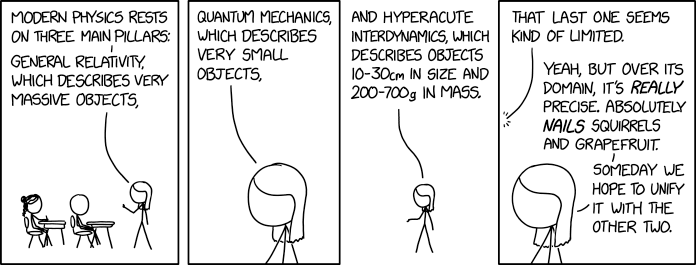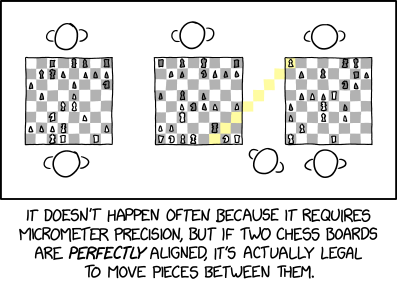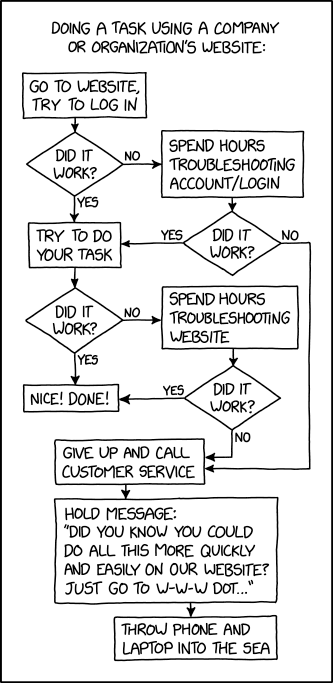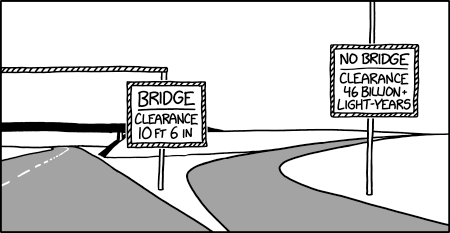Sonia Connolly (![[personal profile]](https://www.dreamwidth.org/img/silk/identity/user.png) sonia) wrote2025-12-09 10:35 pm
sonia) wrote2025-12-09 10:35 pm
Entry tags:
Link: the dangers of e-bikes and e-motos
The Shocking Crash That Led One County to Reckon With the Dangers of E-Bikes by David Darlington. This is an unlocked New York Times article (posted to the Grizzly Peak Cyclists mailing list) about a bad e-bike crash in Marin County and the political fallout from it. Content note for description of the injury and medical treatment, although the teenager did survive.
The article sparked quite the discussion on the mailing list about reckless e-bike riders on multi-use paths, the pleasures of riding an e-bike and being able to go further and faster without a car, the differences between e-bikes (pedal assist) and e-motos (no pedaling required), and the disingenuousness of the concern about e-bike injuries when cars and motorcycles are far more dangerous to drivers, pedestrians, and the environment.
The person I ride with regularly rides an e-bike, and that has led me to appreciate them more. I look forward to owning one someday when I can't get to where I need to go on my acoustic/manual/regular bike. It's nice to know I have an option other than getting a car or taking lots of taxi rides. And, I still don't appreciate being passed without warning by people on silent fast vehicles who haven't learned bike manners.
The article sparked quite the discussion on the mailing list about reckless e-bike riders on multi-use paths, the pleasures of riding an e-bike and being able to go further and faster without a car, the differences between e-bikes (pedal assist) and e-motos (no pedaling required), and the disingenuousness of the concern about e-bike injuries when cars and motorcycles are far more dangerous to drivers, pedestrians, and the environment.
The person I ride with regularly rides an e-bike, and that has led me to appreciate them more. I look forward to owning one someday when I can't get to where I need to go on my acoustic/manual/regular bike. It's nice to know I have an option other than getting a car or taking lots of taxi rides. And, I still don't appreciate being passed without warning by people on silent fast vehicles who haven't learned bike manners.


 The one I want to highlight today is Kitchens of Hope by by Linda S. Svitak and Christin Jaye Eaton with Lee Svitak Dean
The one I want to highlight today is Kitchens of Hope by by Linda S. Svitak and Christin Jaye Eaton with Lee Svitak Dean


